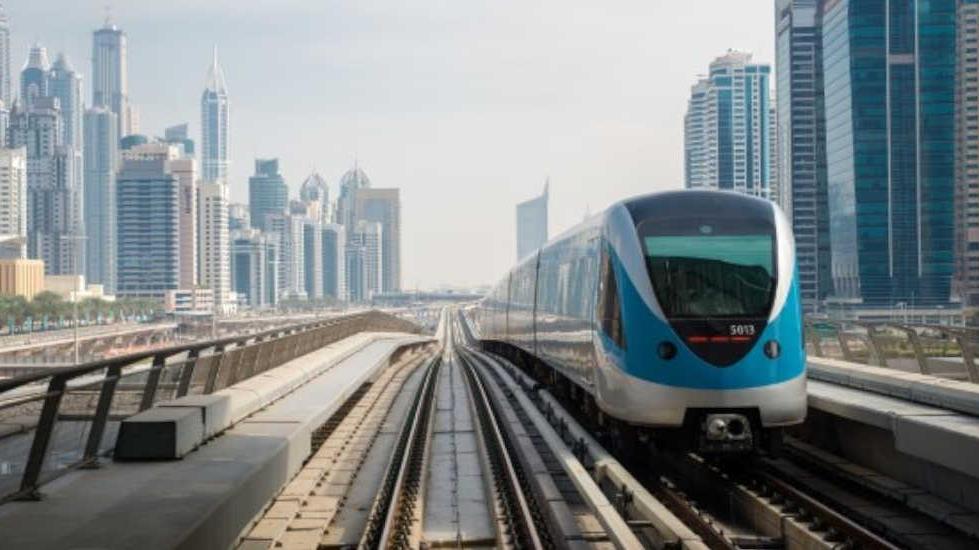
Urban areas are centers of convergence where homes, businesses, and civic functions intersect. Every city on the planet, from San Francisco to Beijing, wrestles with the same set of questions: how do we make cities safer, cleaner, better places to live, work, and play?
With urbanization on the rise, the answers to these questions will drive changes across every major industry. 5G, networking, and cloud compute technology will be catalysts for urban ecosystem innovation. They will do more than power end-user devices; they will enable the rise of entire cities built on the foundation of innovation. Imagine road sensors and dynamic traffic lights monitoring and managing traffic; smart meters regulating energy consumption; embedded sensors simplifying parking by identifying available spaces.

In order to address the growing demands on urban ecosystems, cities will need to become smart. Two areas where smart cities can set themselves apart right away are connected electric vehicles and smart energy.
Electric vehicles: energy efficiency and so much more
Traffic — and its associated negative effects on the environment, efficiency, and safety — is a major issue for any large city and one which electric vehicles can meaningfully address.
Electric vehicles have evolved into highly complex ecosystems of their own, integrating communications, entertainment, and navigation. They are also excellent candidates for autonomous vehicle development. The electric infrastructure serves as a foundation on which other innovations that are defining the modern vehicle can be built and on which autonomous vehicles rely: connectivity, networking, infotainment, cloud-based services, and mobility. For example, the Ford Fusion, Jeep Cherokee, and Dodge Ram brands are working on autonomous electric vehicles, with a focus on deploying the cars in urban environments. These vehicles will communicate with city infrastructure and each other to make optimized decisions around traffic management. Smart electric cars thus have the potential to improve safety, get drivers to their destinations more efficiently, and reduce energy consumption, all major concerns in cities.
As sophisticated urban consumers increasingly choose electric vehicles for their cars, they’re becoming more demanding and discerning about their choices. While an electric vehicle has up until now been viewed as an extension of its owner’s personality, that’s no longer enough. Today’s city-dwelling electric car owners want that sensibility to be reflected not only in the vehicle itself but also within the components that support its operation. Utilitarian charging stations featuring a pole and boxy charging head may soon be a thing of the past as aesthetics play a greater role in their design. More and more, manufacturers will need to rise to the challenge of making all of a vehicle’s components and touch points extensions of the vehicle’s brand, reflecting the character of the car’s owner as well as the ethos of the communities in which they are deployed.
Smart energy for a sustainable future
As cities grow and the demands on their power grids increase, the environmental impact of urban energy will become increasingly significant. To be sustainable, urban energy must also be smart.
Roughly 75% of the planet’s natural resources are consumed by urbanites, a population projected to reach 6.7 billion people by 2050. Given the environmental impact of increased urbanization, cities must implement sustainable solutions to meet their energy demands. Many have already taken up the charge. Worldwide, over 100 cities now derive at least 70% of their electricity from renewable sources, including hydropower, geothermal, solar, and wind. In the United States, more than 70 cities have already committed to transition to 100% sustainable energy by 2050. Aspen, CO; Burlington, VT; Greensburg, KS; Rockport, MO; and Kodiak Island, AK have all achieved that goal, demonstrating that the transition is already well underway.
In 2017 alone, clean energy infrastructure received a whopping $333 billion in investment worldwide, signaling that the clean energy economy is real. Urban implementation of clean energy will not just be sustainable, but also smart. Self-adjusting trackers will orient photovoltaic solar panels to optimize energy capture and storage. Smart meters will regulate the consumption of energy for better performance of the power grid. Connected infrastructure will help eliminate vehicle congestion, thus reducing the energy waste associated with traffic jams.
Smart energy combines the benefits of environmental sustainability with the potential for improved performance, greater flexibility, and lower costs. The demands and efficiencies of cities make them ideal incubators for smart, connected technology innovations in everything from public electric vehicle charging stations to smart energy meters to LED lighting solutions.

